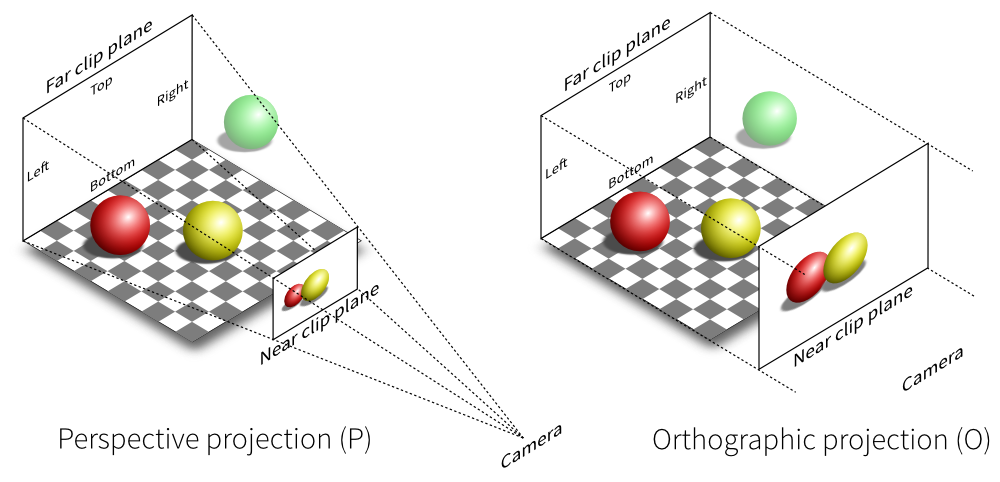1
2
3
4
5
6
7
8
9
10
11
12
13
14
15
16
17
18
19
20
21
22
23
24
25
26
27
28
29
30
31
32
33
34
35
36
37
38
39
40
41
42
43
44
45
46
47
48
49
50
51
52
53
54
55
56
57
58
59
60
61
62
63
64
65
66
67
68
69
70
71
72
73
74
75
76
77
78
79
80
81
82
83
84
85
86
87
88
89
90
91
92
93
94
95
96
97
98
99
100
101
102
103
104
105
106
107
108
109
110
111
112
113
114
115
116
117
118
119
120
121
122
123
124
125
126
127
128
129
130
131
132
133
134
135
136
137
138
139
140
| #include <bits/stdc++.h>
#define null NULL
const int MAXN = 50000;
const int MAXM = 100000;
template<class T, size_t size>
struct MemoryPool {
T buf[size], *tail, *st[size];
int top;
inline T *alloc() { return top ? st[--top] : tail++; }
inline void recycle(T *x) { st[top++] = x; }
MemoryPool() : top(0), tail(buf) {}
};
template <typename T>
struct Splay {
enum Relation { L = 0, R = 1 };
struct Node {
Node *child[2], *parent, **root;
T value, max, lazy;
int size;
bool reversed, bound;
inline void init(Node *parent, const T &value, Node **root, bool bound = false) { this->parent = parent, this->value = value, this->lazy = 0, this->max = value, this->reversed = false, this->root = root, this->bound = bound, this->size = 1, child[L] = child[R] = null; }
inline Relation relation() { return this == parent->child[L] ? L : R; }
inline void maintain() {
pushDown(), size = 1 + (child[L] ? child[L]->size : 0) + (child[R] ? child[R]->size : 0);
max = value;
if (child[L]) max = std::max(max, child[L]->max);
if (child[R]) max = std::max(max, child[R]->max);
}
inline void pushDown() {
if (reversed) {
if (child[L]) child[L]->reversed ^= 1;
if (child[R]) child[R]->reversed ^= 1;
std::swap(child[L], child[R]);
reversed = false;
}
if (lazy) {
if (child[L]) child[L]->lazy += lazy, child[L]->value += lazy, child[L]->max += lazy;
if (child[R]) child[R]->lazy += lazy, child[R]->value += lazy, child[R]->max += lazy;
lazy = 0;
}
}
inline void rotate() {
if (parent->parent) parent->parent->pushDown();
parent->pushDown(), pushDown();
Relation x = relation();
Node *oldParent = parent;
if (oldParent->parent) oldParent->parent->child[oldParent->relation()] = this;
parent = oldParent->parent, oldParent->child[x] = child[x ^ 1];
if (child[x ^ 1]) child[x ^ 1]->parent = oldParent;
child[x ^ 1] = oldParent, oldParent->parent = this, oldParent->maintain(), maintain();
if (!parent) *root = this;
}
inline void splay(Node *targetParent = null) {
while (parent != targetParent) {
if (parent->parent == targetParent) rotate();
else {
parent->parent->pushDown(), parent->pushDown();
if (parent->relation() == relation()) parent->rotate(), rotate();
else rotate(), rotate();
}
}
}
inline int rank() { return child[L] ? child[L]->size : 0; }
} *root;
MemoryPool<Node, MAXN * 2> pool;
Splay() : root(null) {}
inline void build(const T *a, int n) { root = buildRange(a, 1, n, null), buildBound(L), buildBound(R); }
inline Node *buildRange(const T *a, int l, int r, Node *parent) {
if (l > r) return null;
register int mid = l + r >> 1;
Node *v = pool.alloc();
v->init(parent, a[mid - 1], &root);
if (l != r) v->child[L] = buildRange(a, l, mid - 1, v), v->child[R] = buildRange(a, mid + 1, r, v);
return v->maintain(), v;
}
inline void buildBound(Relation x) {
Node **v = &root, *parent = null;
while (*v) parent = *v, parent->size++, v = &parent->child[x];
*v = pool.alloc(), (*v)->init(parent, 0, &root, true), (*v)->maintain();
}
inline Node *select(int k) {
k++;
Node *v = root;
while (v->pushDown(), k != v->rank() + 1) v = (k <= v->rank() ? v->child[L] : (k -= v->rank() + 1, v->child[R]));
return v->splay(), v;
}
inline Node *select(int l, int r) {
Node *lbound = select(l - 1), *rbound = select(r + 1);
return lbound->splay(), rbound->splay(lbound), rbound->child[L];
}
inline void update(int l, int r, const T &addition) {
Node *range = select(l, r);
range->value += addition, range->lazy += addition, range->max += addition;
}
inline const T &queryMax(int l, int r) {
Node *range = select(l, r);
return range->max;
}
inline void reverse(int l, int r) {
Node *range = select(l, r);
range->reversed ^= 1;
}
};
inline char read() {
static const int iol = 1024 * 1024;
static char buf[iol], *ioh, *iot;
if (ioh == iot) {
iot = (ioh = buf) + fread(buf, 1, iol, stdin);
if (ioh == iot) return -1;
}
return *ioh++;
}
inline void read(int &x) {
static char ioc;
static bool iosig = 0;
for (iosig = 0, ioc = read(); !isdigit(ioc); ioc = read()) if (ioc == '-') iosig = 1;
for (x = 0; isdigit(ioc); ioc = read()) x = (x << 1) + (x << 3) + (ioc ^ '0');
if (iosig) x = -x;
}
int n, m, a[MAXN];
Splay<int> splay;
int main() {
read(n), read(m);
splay.build(a, n);
for (register int i = 0, command; i < m; i++) {
read(command);
if (command == 1) {
register int l, r, addition;
read(l), read(r), read(addition), splay.update(l, r, addition);
} else if (command == 2) {
register int l, r;
read(l), read(r), splay.reverse(l, r);
} else if (command == 3) {
register int l, r;
read(l), read(r);
std::cout << splay.queryMax(l, r) << "\n";
} else throw;
}
return 0;
}
|



